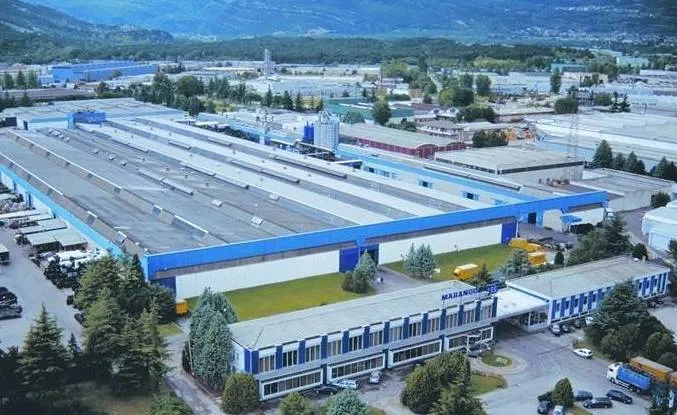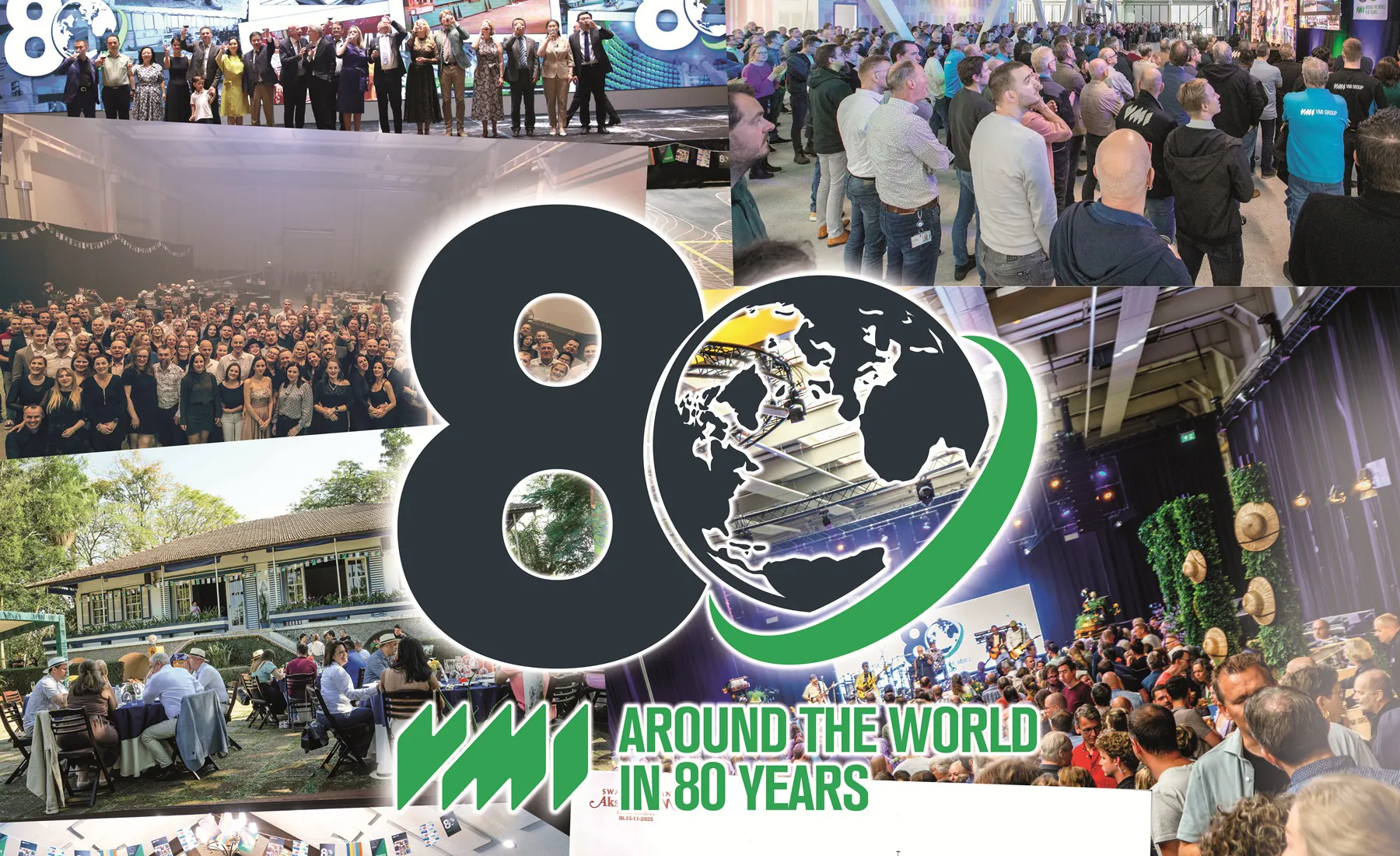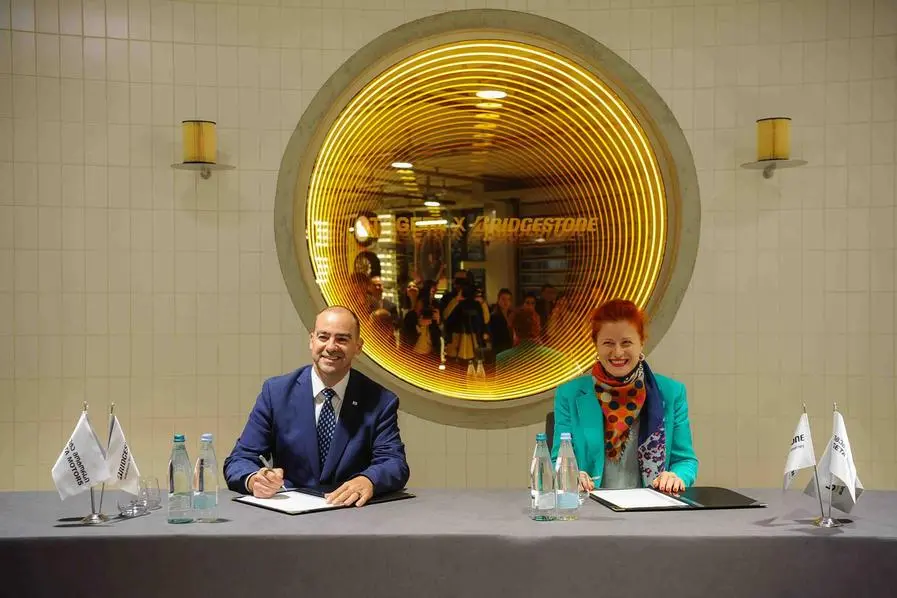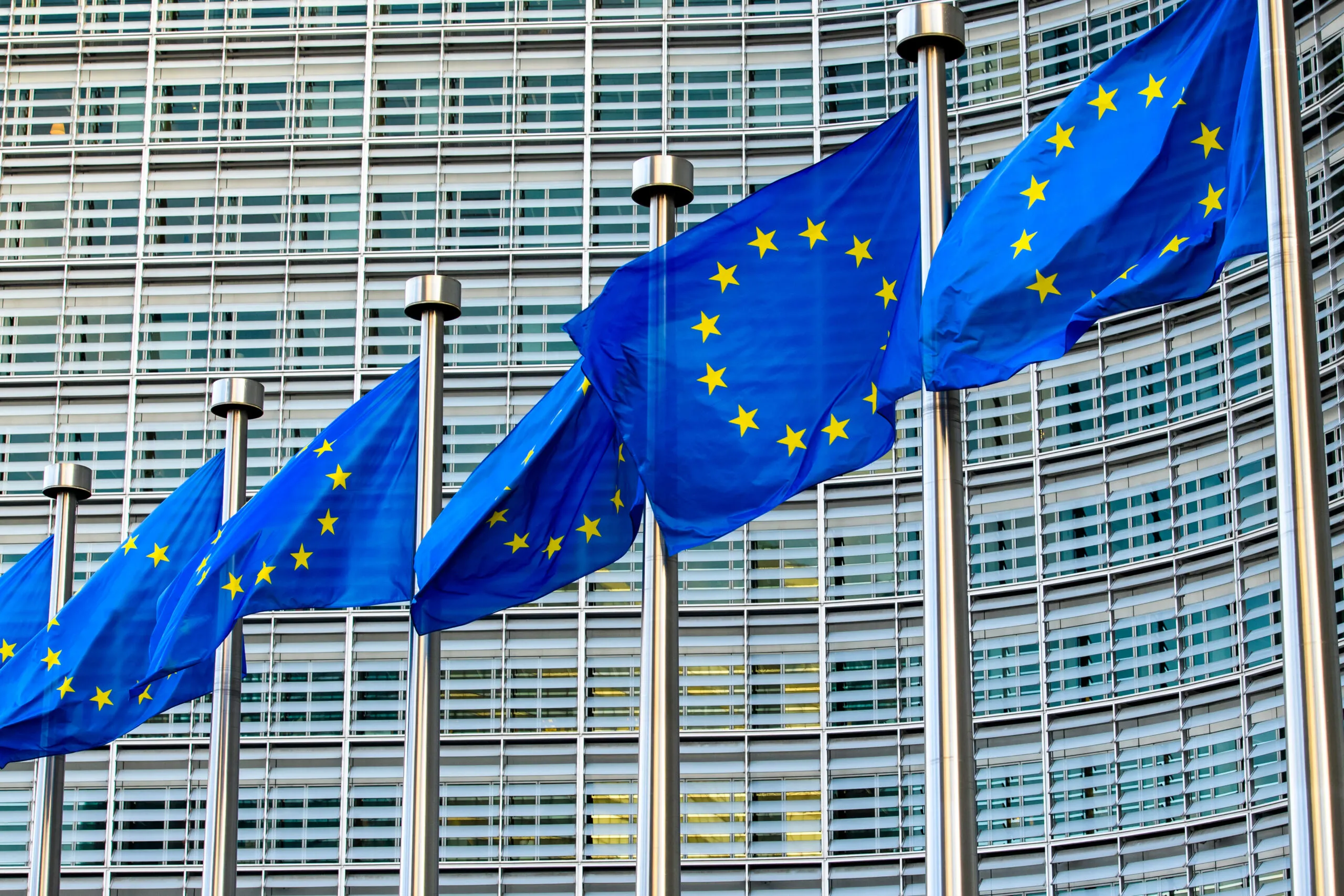In a month when the Marangoni Group announced three major strategic moves, namely the production agreement with motorsport tyre manufacture DMack in relation to the Rovereto factory, the global alliance with Vipal, and the acquisition of a majority shareholding in South African tread maker, Leader Tread, Retreading Business was able to secure an exclusive interview with Vittorio and Giuseppe Marangoni, Chairman and Vice-President respectively of the Italy-based retreading specialist, and we were delighted to find an overwhelmingly positive view on the future of retreading and a fascinating assessment of how the independent retreading industry can best position itself to achieve success in the future.
Marangoni Directors Explain Future Strategy
The clear message from Rovereto was that the global retreading market is changing fundamentally in a positive way and now offers a major opportunity for the independent retreading industry looking forward. The profitability boost provided by the introduction of Europe-wide tariffs on Chinese truck tyres is seen as a welcome coincidence, offering the industry valuable breathing space to organise itself, but the sources of main changes in the market, says the Group, are to be found elsewhere. One thing, the company emphasises, is that the market will not be the same as it was before.
Vittorio Marangoni explains; “The retreading industry for many years operated from a position where the retreading process was important for economic reasons, and much of the industry developed over time into a mass-production economy for reasons of economy of scale. In the end, however, the industry was caught in a “perfect storm” and was dying because of the reduction in raw materials prices and the rise of the use + dispose economy. However, the future is different. In the current scenario where the planet has increasingly finite resources, and there is growing interest in the circular economy, the retreading industry is ideally placed to benefit. We believe the crisis is now over and the market is stabilising.
“China is changing too,” he adds, “not because the price is high, but because there is a growing interest in reducing consumption and increasing service levels. As a result, those companies who ditched retreading in order to sell cheap Chinese tyres on price alone are now in trouble. On the other hand, those who stuck with retreading survived because of more loyal relationships with customers and can now look forward to the future with confidence.”
Central to Marangoni’s view of the global retread market is the view that there will now be a trend towards a growth in smaller retreaders allied to major players such as Marangoni. This comes from the need to provide much more flexible and quicker service to fleets, which, of course, is exactly what the larger retreaders are not geared up to do.
“Logistics are becoming increasingly important,” says Vittorio Marangoni. “The growth of e-commerce has meant that service must be fast. We are seeing a growth in truck deliveries because trucks are flexible.
“Services are also leveraging on technology. There is an increased need to use Big Data – pushing towards achieving an improved life cycle of the product. If you can measure performance, you can sell performance.
“In addition to this, we are experiencing a globalisation reversal process. Markets are closing again, and because retreading is local in its nature, that also helps. All these drivers were negative a few years ago, but now they’re positive once again.”
For Marangoni, the key challenge is the retreader network, as this has been reduced significantly in recent years. However, the company sees new growth in the market coming from service companies, parts companies, from large fleets investing in retreading, as well as growth from existing retreaders who have survived the difficult years, and the return of some of those who exited the market.
All of this, of course, has implications for larger retread plants such as Marangoni’s Rovereto facility. These large plants have the economies of scale but are not able to provide the speed of service, which Marangoni believes will be necessary in the future. It is from here that the Idea of a Rovereto-based technology hub has emerged, and of which the recently announced agreement with DMack will become the first contract.
“Rovereto is a big factory,” explains Vittorio Marangoni. “Historically it has been a multi-purpose factory, but because of restructuring within the Group, its activities have been reduced. Our concept is to share economies in the manufacturing process, sharing central functions such as R&D, service, administration, logistics, space, energy, compounding etc. Our target is companies who want to manufacture in Europe now. This arrangement allows for this to be done quickly and at lower investment levels. We anticipate that this will bring back the volume in the factory. The ultimate aim is to transform the production facilities here into a technology park, strengthening local industry and developing the competence of the people. DMack is the first project under this concept, and we will start doing something soon – most likely in the next six months.”
Sub-contracting manufacturing space to companies outside the retreading sector, however, is not the only area where the Rovereto plant can expect to see change. The company has made clear that it will continue to retread tyres in Rovereto, and there are reasons to expect some changes in the kind of tyres manufactured there.
To begin with, Marangoni have identified the need to look seriously at the production of 16” retreads, given the growth of local distribution within major conurbations by using smaller delivery vans, otherwise known as the “last mile truck.” 16-inch tyres can be made using the cold process, points out Vittorio Marangoni.
Then there is the potential role of Marangoni as a co-ordination centre for its retreader network. Marangoni identifies its core business as being in pre-cured treads, but the Group has kept a number of core related activities, namely machinery, compounds and direct retreading/services. This is important because it helps the company understand the overall market market and how the business model is changing.
Vittorio Marangoni points out that the pressure on the retreading sector in recent years has provided a number of opportunities for manufacturers to buy retread companies, driven by the need on the part of the new tyre makers to be more integrated in services, but also partly as a reaction against Chinese aggression. This strategy, however, will not help innovation, argues Marangoni, and this is where the idea of an innovation/technology hub in Rovereto comes in.
Although Marangoni did not specifically mention this point, there is also very obviously the potential of using shared technology for precured treads in conjunction with associated partners, which brings us onto Marangoni’s second major announcement, namely that of the global co-operation arrangement with Vipal. This, argues Giuseppe Marangoni, is all about global scale and realising the potential benefit of taking advantage of the many synergies between the two companies. “Marangoni and Vipal are the two largest independent players in the sector,” he points out. “Together we will be able to form a formidable partnership.”
Vittorio and Giuseppe Marangoni were unable to elaborate in detail about the Vipal deal because much of it remains confidential, but from Marangoni’s positioning, the Group’s plan is to strengthen core business, confirming independent retreading on a global level. “People may have thought independent retreading was dead, but they’re wrong,” emphasised Vittorio Marangoni. “We want to change the world of retreading, and we believe this is an important move to defend independent retreading in the world. Our two companies are a good fit in terms of factory locations, but also in terms of brand positioning.”
In the early stages of the partnership, the initial aim will be to find synergies in industrial capacity – and procurement – to make both companies more efficient, and in this context, Marangoni confirmed that the companies’ next industrial plan will be made in collaboration.
This brings us neatly onto the third main topic – the development of Marangoni’s business on a global scale. The acquisition of a majority shareholding in Leader Tread is an important part of this, not least because it will allow the company to expand the Ringtread system across sub-Saharan Africa.
The Group’s activities in India are also important, and Giuseppe Marangoni expresses considerable satisfaction at progress in that region. “We believe we can grow internally very effectively in India. Market growth going very well. We believe we in the right place and the right moment in India,” he added.
Of primary importance to the company, however, is being able to exploit the Chinese market if interest is continued next year.
“China is changing very quickly,” says Vittorio Marangoni. “The Chinese government is pro-environment, and a great deal of impetus is coming from there. We believe that once it happens the change will come very quickly, and we need to be ready for it. It is true that at the moment retreads in China are mainly used on bus fleets, but truck fleets are also gradually changing their attitudes. We are now being regularly approached by Chinese fleets wanting to find out more about the cost per km concept.”
“The whole world is now looking at retreading from a service point of view,” concludes Vittorio Marangoni. We believe we have to push this kind of concept. It’s not easy, but it’s a completely different approach based on improved data processing and computerisation and constant innovation, whether it be through developments in compounding technology such as the use of graphene in retreads to make them last longer and to allow us to manufacture using thinner treads, or through the development of better machinery. There is still a big technology gap, as there has been relatively little investment in technology in retreading in recent years, so there are plenty of opportunities for us to do better as an industry.”







